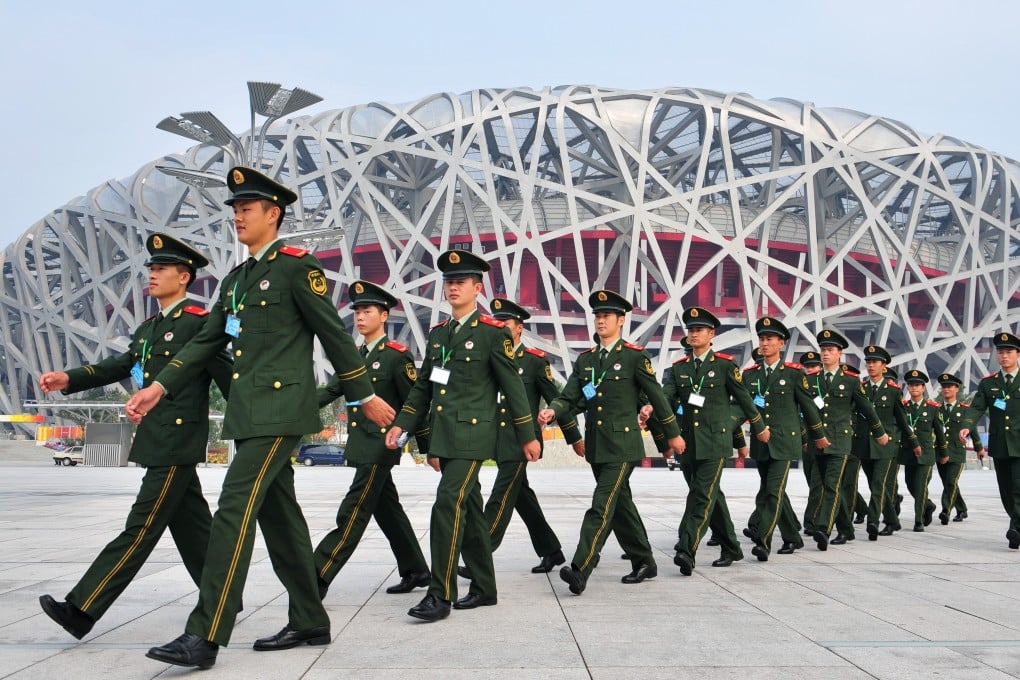In China, sports and politics are inseparable, played on an international stage
With the world focused on China’s alleged human rights abuses, the 2022 Beijing Winter Olympics is shaping up to be the most controversial Games in recent times

Wednesday, October 9, 2019. The lobby of Shanghai’s Ritz-Carlton bustles with journalists and National Basketball Association players, but instead of the festive mood the NBA was expecting as a result of making deeper inroads into the world’s second largest basketball market, the league finds itself embroiled in the biggest controversy of its 73-year history.
Beijing’s first move was to suspend the Rockets’ relationship with the Chinese Basketball Association, one cultivated by Shanghai-born Yao Ming, the towering centre who spent eight seasons with the Rockets and is credited with helping to bring the NBA to his homeland.
Morey’s tweet prompted condemnation from China’s consulate in Houston, and Chinese NBA fans called for the Rockets’ general manager to be fired.

NBA commissioner Adam Silver and league executives, holed up high in the Ritz-Carlton, work to broach the crisis with the Communist Party and salvage the NBA’s trip. Eventually, after hours of silence, an NBA China representative makes his way down the lobby escalator to a madding scrum, as Los Angeles Lakers and Brooklyn Nets players, among them superstars Kyrie Irving and LeBron James, stand in confusion alongside members of the international press.